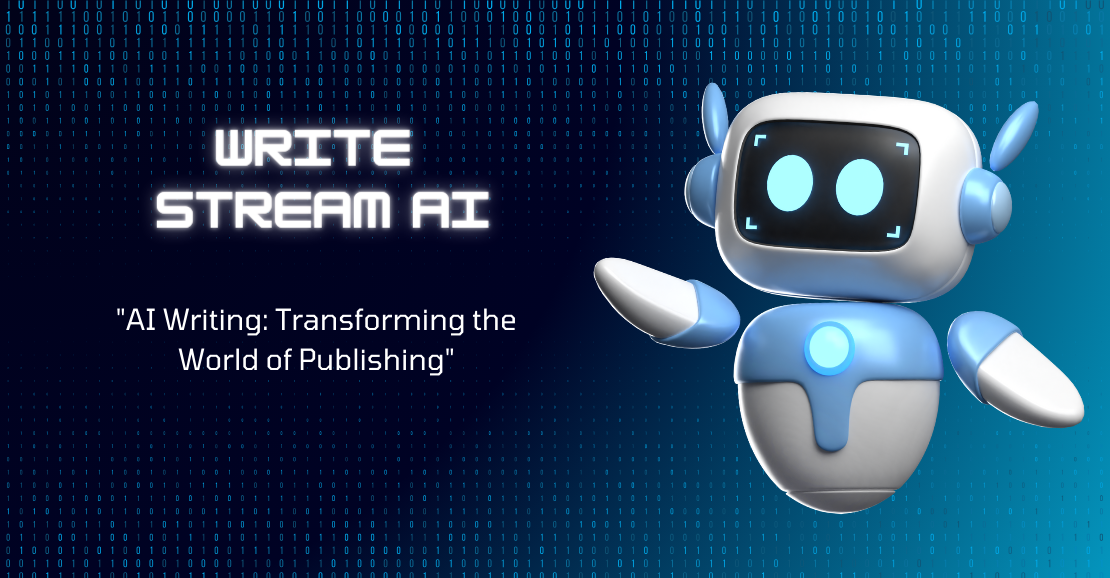AI Writing: Transforming the World of Publishing
The world of publishing has undergone a massive transformation in recent years, thanks to the advancement of technology. One of the most significant developments in this industry is the emergence of AI writing, also known as automated or machine writing. This revolutionary technology has had a profound impact on the publishing world, completely changing the way content is created and consumed.
AI writing is the use of artificial intelligence to produce written content automatically, without the need for human intervention. It involves algorithms that can generate text based on input data, such as keywords, phrases, and sentence structures. This technology has been around for quite some time, but it is only in recent years that it has gained widespread attention and acceptance in the publishing industry.
The rise of AI writing has been made possible by the rapid advancements in natural language processing (NLP) and machine learning. NLP refers to the ability of computers to understand and interpret human language, while machine learning enables computers to learn and improve from data without explicit programming. These technologies have made it possible for computers to generate readable and coherent text that mimics human writing.
The impact of AI writing on the publishing industry has been tremendous. One of the most significant benefits is the speed and efficiency with which content can now be created. With AI writing, a computer can produce thousands of articles in a matter of minutes, a task that would take a team of human writers a considerable amount of time to complete. This has enabled publishers to meet the growing demand for content in a timely and cost-effective manner.
Furthermore, AI writing has also improved the quality of content being produced. The algorithms used in AI writing are constantly learning and improving, which means that the more data they are fed, the better they become at generating high-quality content. This has enabled publishers to produce content that is not only engaging but also customized to the target audience's preferences and interests.
Another significant impact of AI writing is the democratization of content creation. With this technology, anyone can now create content, regardless of their writing skills or experience. This has opened up opportunities for individuals who may not have had a platform to share their ideas and perspectives before. It has also allowed small publishers and businesses to compete with larger ones on a level playing field.
However, with all its benefits, AI writing has also raised concerns and sparked debates in the publishing industry. One of the major concerns is the fear of job displacement. As AI writing becomes more widespread and advanced, there is a fear that human writers may become obsolete. While this may be true to some extent, it is important to note that AI writing is meant to assist writers and not replace them entirely. Human writers still play a crucial role in editing, fact-checking, and adding a personal touch to content, which cannot be replicated by machines.
Another concern is the potential for AI-generated content to be biased or lack creativity and originality. As AI writing relies on data inputs, there is a risk of perpetuating biases and stereotypes if the data fed into the algorithm is not diverse and inclusive. There is also a fear that AI writing may lack the creativity and human touch that makes writing unique and thought-provoking. However, with proper checks and balances in place, these concerns can be addressed and mitigated.
In conclusion, AI writing has transformed the world of publishing in ways that were previously unimaginable. Its speed, efficiency, and ability to generate high-quality and personalized content have made it an indispensable tool for publishers. While it may have its share of concerns, the potential and benefits of AI writing cannot be ignored. As technology continues to evolve, it is safe to say that AI writing is here to stay and will continue to push the boundaries of content creation in the publishing industry.























Write your comment
Cancel Reply